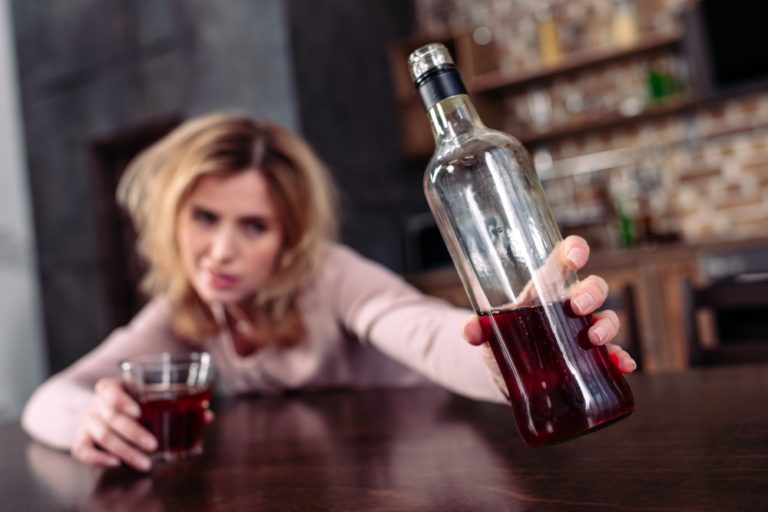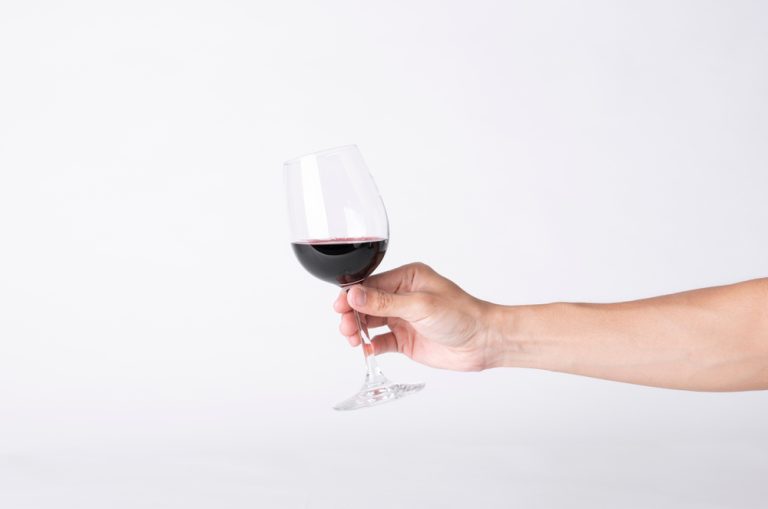How to Wean Yourself Off Alcohol Safely: Saying Goodbye to Alcohol
Utilizing resources such as the National Institute on Alcohol Abuse and Alcoholism (NIAAA) can provide additional guidance and support throughout your journey. Medications can play a vital role in managing the symptoms of alcohol withdrawal and reducing the risk of seizures. The use of medications should always be done under the guidance and supervision of healthcare professionals.

Treatment Programs

If you were to suddenly stop drinking alcohol, your receptors would become hyperactive because they are no longer being depressed. This is why you should taper off alcohol, or use a prescribed medication like benzodiazepines, during detox3. It’s vital to do this under the supervision of a medical professional to ensure the process is safe and smooth. Dealing with alcohol withdrawal is a challenging process, and it’s crucial to understand the potential severity of symptoms and the need for medical intervention.
Be aware of your triggers
While this approach can be challenging, it can also be empowering for individuals who prefer an immediate and decisive change. To implement this method, it is important to set a specific timeline and reduce alcohol consumption gradually. For example, one could start by reducing the number of drinking days per week or by decreasing the amount of alcohol consumed each day. This approach requires discipline and monitoring to ensure progress is being made. Adapt your goals and strategies as needed, and seek professional guidance to ensure http://www.tramvision.ru/marazm/4/bush12.htm you’re on the right track.
- It’s crucial to note that the use of medications for alcohol withdrawal should be closely monitored by healthcare professionals to ensure safety and effectiveness.
- Gradually reducing alcohol consumption can be achieved through a substitution taper.
- Despite the potential effectiveness of tapering off alcohol, the complexities involved in this process make it crucial to seek professional guidance.
- For this reason, you should not suddenly quit drinking without talking to your doctor.
- Learn factors influencing stay length, what to expect, and how to achieve lasting recovery.
- Remember, seeking professional help is a brave and important step towards a healthier and alcohol-free life.
How to Overcome Phone Addiction

These programs can provide the necessary support and care during this challenging period. It’s important to remember that taking control of your alcohol consumption is an act of self-love and self-care. If you’re considering weaning off alcohol, it’s important to seek medical advice before beginning any tapering plan. A healthcare professional can help assess your individual needs and create a personalized plan that works best for you. Don’t be afraid to reach out for support if you need it – there are many resources available to help you on your journey towards sobriety. Little data is available about the safety and effectiveness of alcohol tapers.
What is Rehab and How Can it Help You?
This lessens the severity of withdrawal symptoms, as there is not an abrupt or dramatic change. Tapering will normally create less severe alcohol withdrawal symptoms but will spread them out over a prolonged period. Essentially, tapering provides less intense withdrawal symptoms but over a longer amount of time. When an individual has developed a substance use disorder or dependence on alcohol, stopping its use outright can seem virtually impossible. On top of this, quitting immediately — or “cold turkey” as many users and professionals call https://www.free-pet-wallpapers.com/page/2/ it — can be dangerous.

It’s best to reduce your drinking by a small amount each day to avoid the shock to your system. So, if you normally have 6 beers a day, you could be done tapering within one week. It’s always best to consult a physician on the best strategy, especially if you drink heavily. You’ll need to stick with gradual reduction every day and not revert to previous levels of consumption, otherwise it won’t work.
What Causes Alcohol Withdrawal Symptoms?
Explore legalizing alcohol on http://altemamarket.ru/index/page486/ Native American reservations to fund treatment and prevention programs. Discover what happens when you get your stomach pumped, from risks to recovery and everything in between. Learn how to help an addict that happens to be your sister with support, boundaries, and professional care. Cory Monteith – another amazing person lost after battling the disease of addiction. Unravel the proper detox definition, debunk myths, and explore natural detoxification for better health.
- Medication-assisted treatment (MAT) involves the use of medications to help individuals quit alcohol and manage withdrawal symptoms.
- Understanding and preparing for these difficulties can greatly enhance the chances of successful recovery.
- Sharing your journey, hearing others’ stories, and receiving guidance from those who have successfully overcome alcohol dependency can be immensely beneficial.
- With these tips and strategies, you can wean yourself off alcohol safely and successfully.
- Symptoms are most severe around day 34, and the total process can last for 2 to 10 days.
Medical detox, often done in an inpatient setting, is a safe method to manage alcohol withdrawal symptoms under medical supervision. For individuals with a history of heavy alcohol use or those experiencing severe withdrawal symptoms, medical supervision is essential to ensure safety and provide necessary support. Healthcare professionals can assess the individual’s condition, provide guidance on the weaning-off process, and monitor for any complications that may arise. It can be tempting to just “rip off the Band-Aid” when getting sober, but tapering off alcohol is often much safer—and much less stressful. Rather than quitting drinking abruptly (or “cold turkey”), many professionals recommend gradually reducing your drinking (or tapering) over time. This can give your body the chance to adjust, helping you avoid the worst of withdrawal symptoms.

Tapering Off Alcohol Safely
You’ll likely face the urge to drink more than you’ve planned each day, but there are some good tricks to help you delay that next serving and keep yourself honest. Quitting binge drinking may require different strategies than either tapering or cold turkey. People attempting to quit may turn to drinking again to prevent withdrawal symptoms. Alcohol is the third-leading preventable cause of mortality in the United States, with approximately 95,000 people dying from alcohol-related causes each year. By gradually tapering off alcohol, you can lower your risk for alcohol-related accidents or death.

